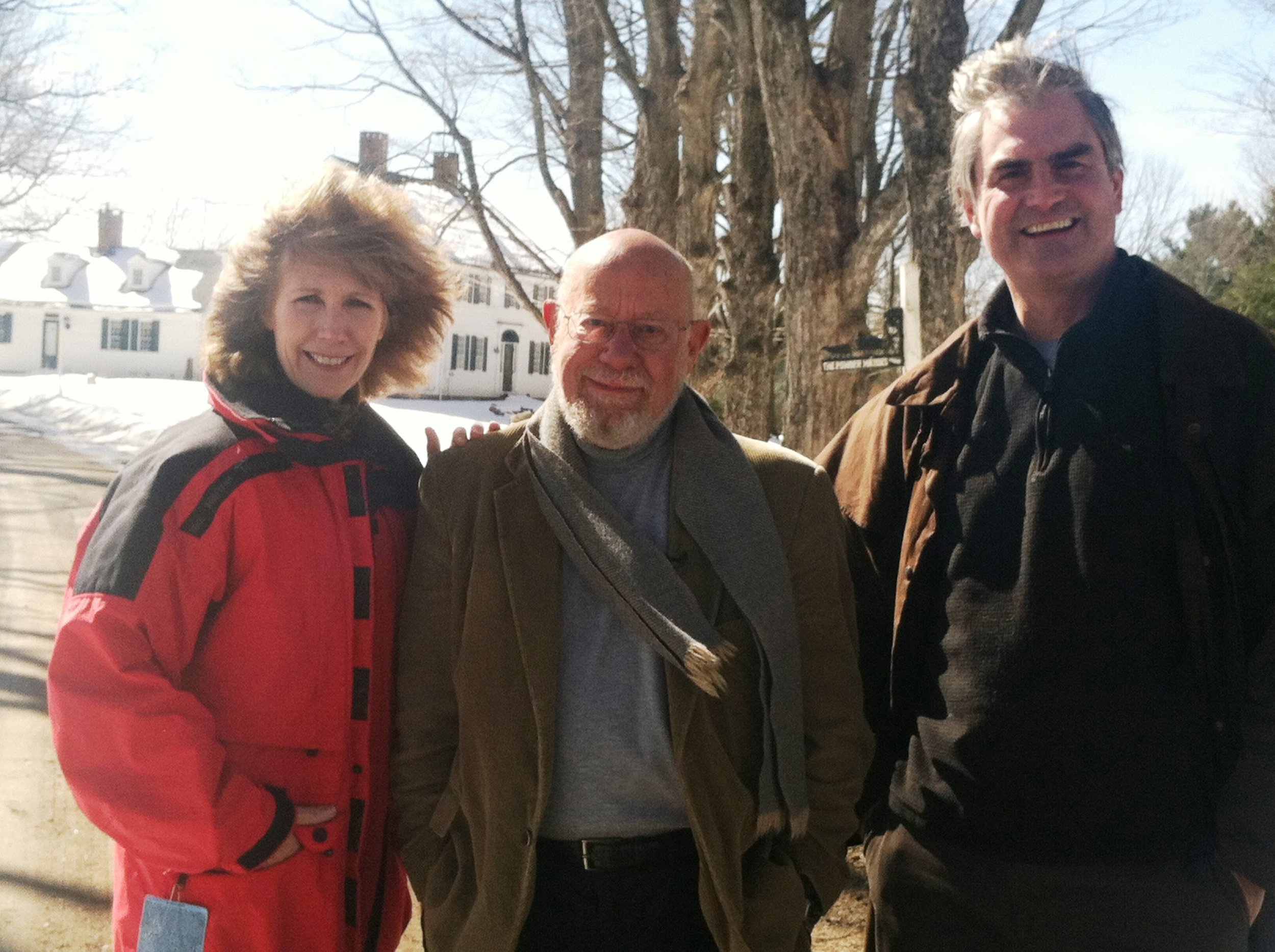What’s in a name…..
Early Days at the Powder Major’s Farm
The History
The farm, including the barn and 1723 farmhouse, has long been considered a local landmark in Madbury given the role it played in the early battle for freedom. John “Powder Major’’ DeMerritt was among the patriots who participated in the daring raid on Fort William and Mary in December of 1774 capturing British ammunition, some of which was stored at his Madbury farm and later transported by DeMerritt and used at the battle of Bunker hill. The capture of the gunpowder was considered one of the first blows struck in the colonies for freedom and the wounding of the commander was the first bloodshed in the struggle for independence.
In later years there were several John DeMerritts in the family who had reached the rank of Major so to differentiate between them he became known as “The Powder Major” for his part in the Revolutionary cause and hence his property became known as the Powder Major’s farm.
The Powder Major’s Farmhouse c. 1723
The Powder Major’s Farmhouse Today
The Powder Major’s Farm featured on WMUR’s Chronicle
The barn to the right of this historic home in Madbury, built in 1723, housed the gunpowder seized at Ft. William and Mary in Portsmouth. The owner then, John DeMerritt, smuggled the powder to Charlestown, Mass., in time to help out in the Battle of Bunker Hill.
'Powder Major' Remembered for Revolutionary War Role
John DeMerritt Credited For Bunker Hill Victory
By DON GUY
Portsmouth Herald
MADBURY, NH, December 15, 1955 — Paul Revere's midnight ride and the Battle of Lexington and Concord won the headlines in the history books. But four months earlier, 181 years ago yesterday, (12/15/55) local patriots stormed Ft. William and Mary in Portsmouth Harbor in one of the first real acts of armed rebellion by the Colonists. Paul Revere made an almost forgotten 60-mile ride to Portsmouth which triggered the raid on the fort with his news that the small British garrison was to be increased. Some of the 97 barrels of powder captured in the raid later saved the ragged Colonial forces from almost certain defeat on the bloody afternoon of the Battle of Bunker Hill. Thirteen barrels of the precious gunpowder were stored in the barn of the John DeMerritt homestead, still standing in this quiet town. Six months after the raid on the fort the first John DeMerritt took the powder from his barn and trundled it in an ox cart to Charlestown, Mass. He had heard the Colonists were digging emplacements on Breed's Hill, misnamed Bunker Hill, "overlooking the British forces in Boston and the blockading warships in the harbor.” John arrived in his ox cart in mid-afternoon of June 17, 1775. The dug-in Colonists had repelled bloody charge after charge of the Redcoats drawn up in their precise array. John’s ( DeMerritt’s) powder helped end the danger of a rout and enabled the rebels to hold out until darkness ended the slaughter.
For Paul Revere, the overnight dash to Portsmouth and the subsequent raid on the fort left the hard-riding Revere a marked man with the suspicious British authorities. He no longer dared ask for a pass to leave Boston on pretext of business.


